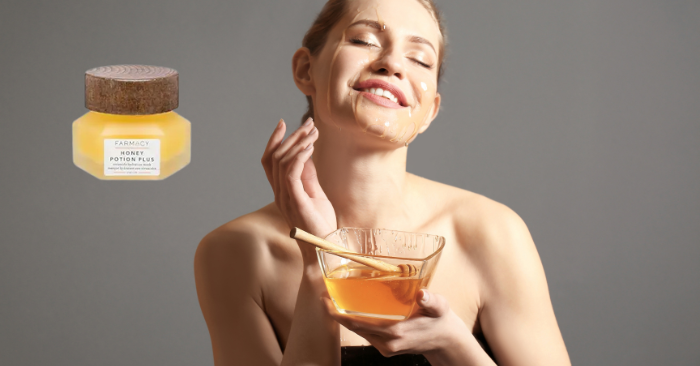Honey has been a beloved natural sweetener for centuries, prized not only for its rich taste but also for its health benefits. But like any natural product, honey has pros and cons, and it the important to understand how to make a good choice when you buy. In this article, we’ll explore the benefits and downsides of honey, what to look for when buying it, and how to incorporate honey into your daily routine.
Benefits of Honey
- Natural Antioxidant
Honey is packed with antioxidants, which help reduce oxidative stress in the body and promote overall health. Dark honey is the best choice which, has a dark-brown or dark-amber color, in contrast to light honey, which is whitish or light amber. The dark color of the honey comes from the nectar of certain flowers, which is it down into sugar, and deposits it in a honeycomb. The different colors of honey come from diverse floral sources, though certain flowers that bloom year-round may produce lighter or darker honey depending on the time of year. Some varieties of dark honey are buckwheat, blackbutt, wildflower, thyme, dandelion, jarrah, chestnut, meadow, and manuka honey, many of which contain a high concentration of antioxidants and other powerful nutrients. - Anti-Bacterial Properties
Due to its natural enzymes, honey has anti-bacterial properties that help fight infections and heal wounds. Some of the enzymes in honey are diastase, invertase, glucose oxidase, catalase, glucosylceramidase, α-amylase, α-glucosidase, β-glucosidase, and proteases. It’s useful for treating burns and cuts, and more… Which honey has the enzymes? - Soothing for Sore Throat
A teaspoon of honey can be incredibly soothing for a sore throat. Its natural consistency coats the throat, reducing irritation. - Energy Booster
Honey is a natural source of carbohydrates, giving you an energy boost. It’s an excellent pre-workout snack or an addition to your breakfast. - Skin Benefits
When used in beauty treatments, honey helps moisturize and soften the skin. It’s commonly found in face masks and body scrubs.
Suggested product: Manuka Honey
Cons of Honey
- High in Sugar
Although it’s natural, honey is still a form of sugar. Consuming too much can lead to weight gain or blood sugar spikes, particularly for those with diabetes. - Allergies
Honey can sometimes trigger allergic reactions, especially in people allergic to pollen or bee stings. - Unsafe for Infants
Honey should not be given to infants under 12 months, as it may contain bacteria that can lead to botulism.
What to Look for Before You Buy
- Raw vs. Processed Honey
When buying honey, opt for raw honey. It retains all its natural enzymes, antioxidants, and nutrients, whereas processed honey can lose some benefits during heating and filtration. - Check the Source
Look for honey sourced from reputable, ethical beekeepers. Manuka honey, for instance, is known for its premium quality and potent health benefits. - Look for Certifications
Check for organic certifications and labels like “USDA Organic” or “Non-GMO Verified” to ensure you’re buying pure honey.
Suggested product: USDA Organic Honey
How to Use Honey
- In Food
Add honey to your tea, coffee, or smoothies, or drizzle it over toast and pancakes. It’s a perfect natural sweetener for desserts. - For Skin Care
Mix honey with oatmeal or yogurt to make a simple face mask. Honey’s antibacterial properties make it great for acne-prone skin. - As a Remedy
Mix honey with warm water and lemon for a natural throat soother. You can also add honey to herbal teas to enhance their medicinal properties.

Suggested product: LAPCOS Honey Sheet Mask or Farmacy Hydrating Face Mask – Honey Potio
Conclusion
While honey has many benefits, it’s essential to consume it in moderation and choose high-quality, raw varieties for maximum health impact. Use it not just in your kitchen but also in your skincare routine to reap all its natural goodness.
Discover more from Bee Newz
Subscribe to get the latest posts sent to your email.



